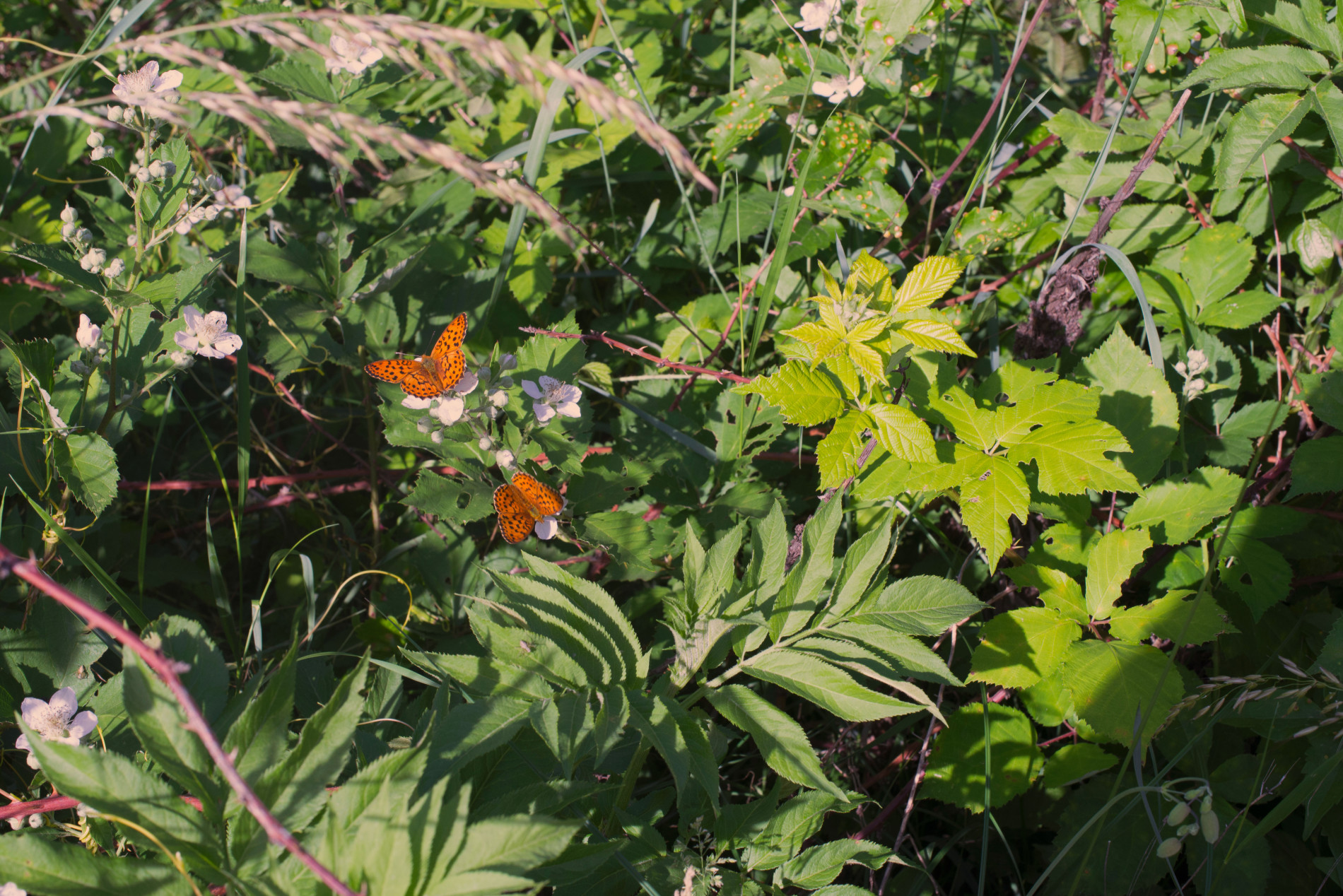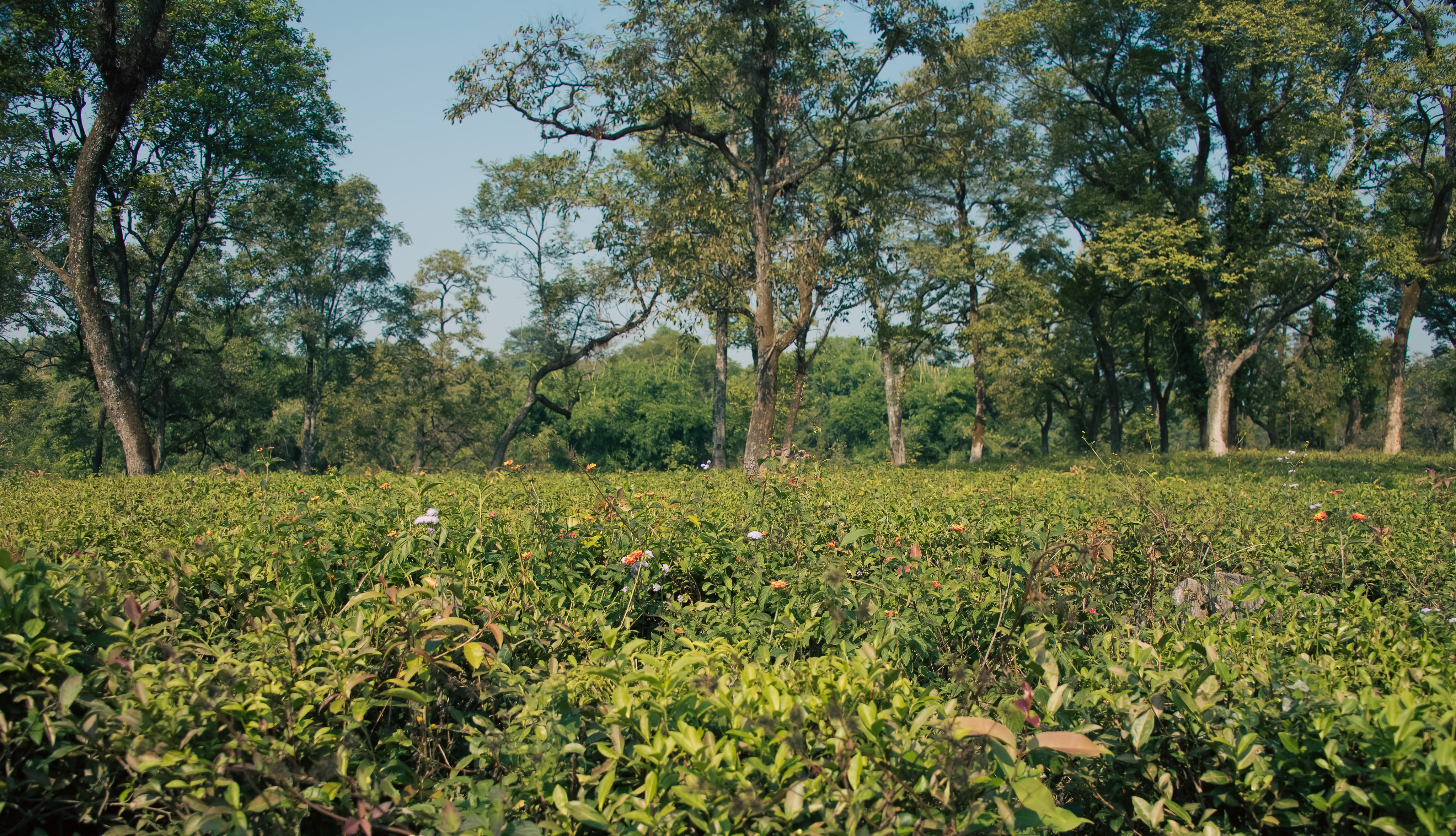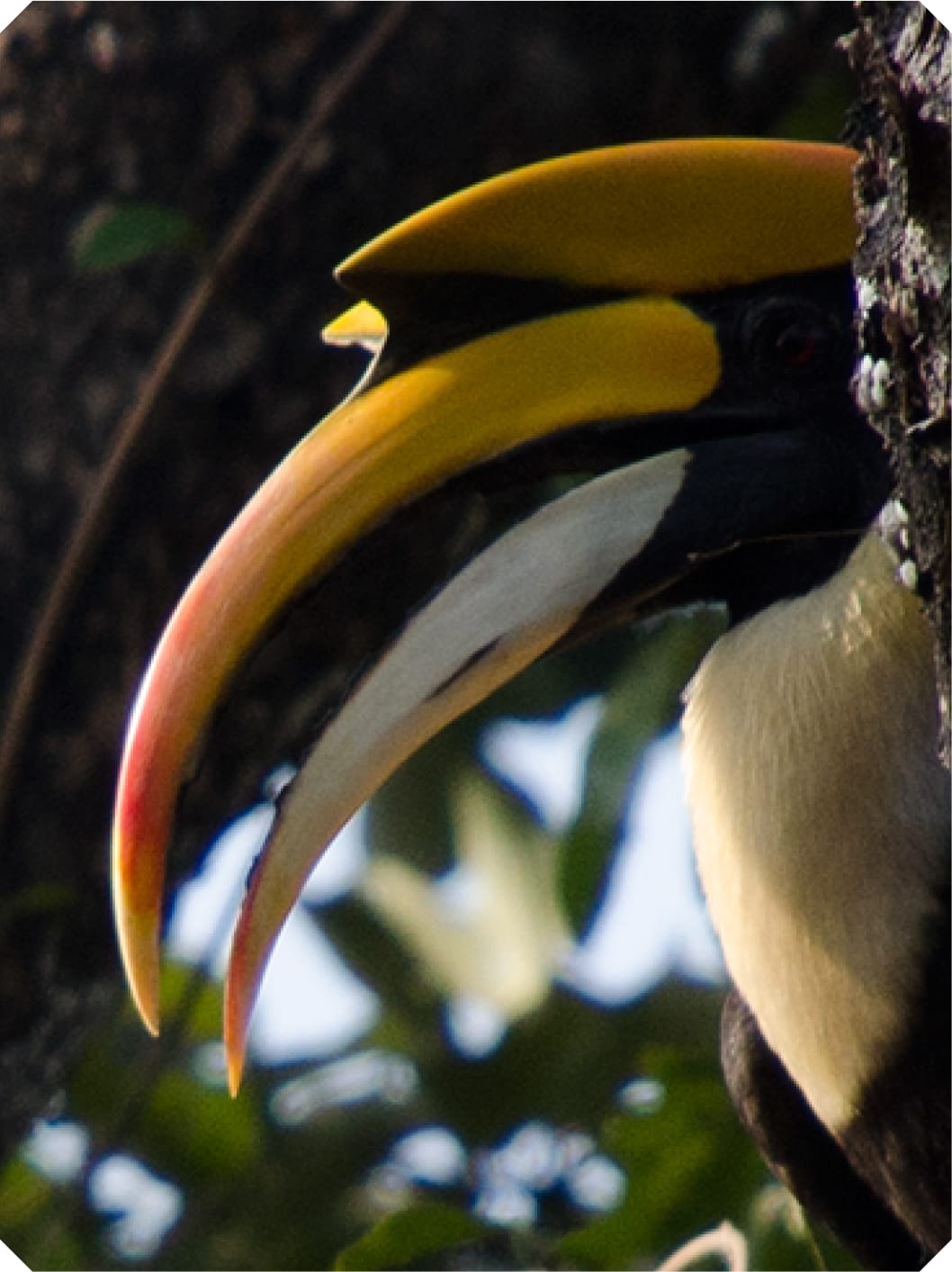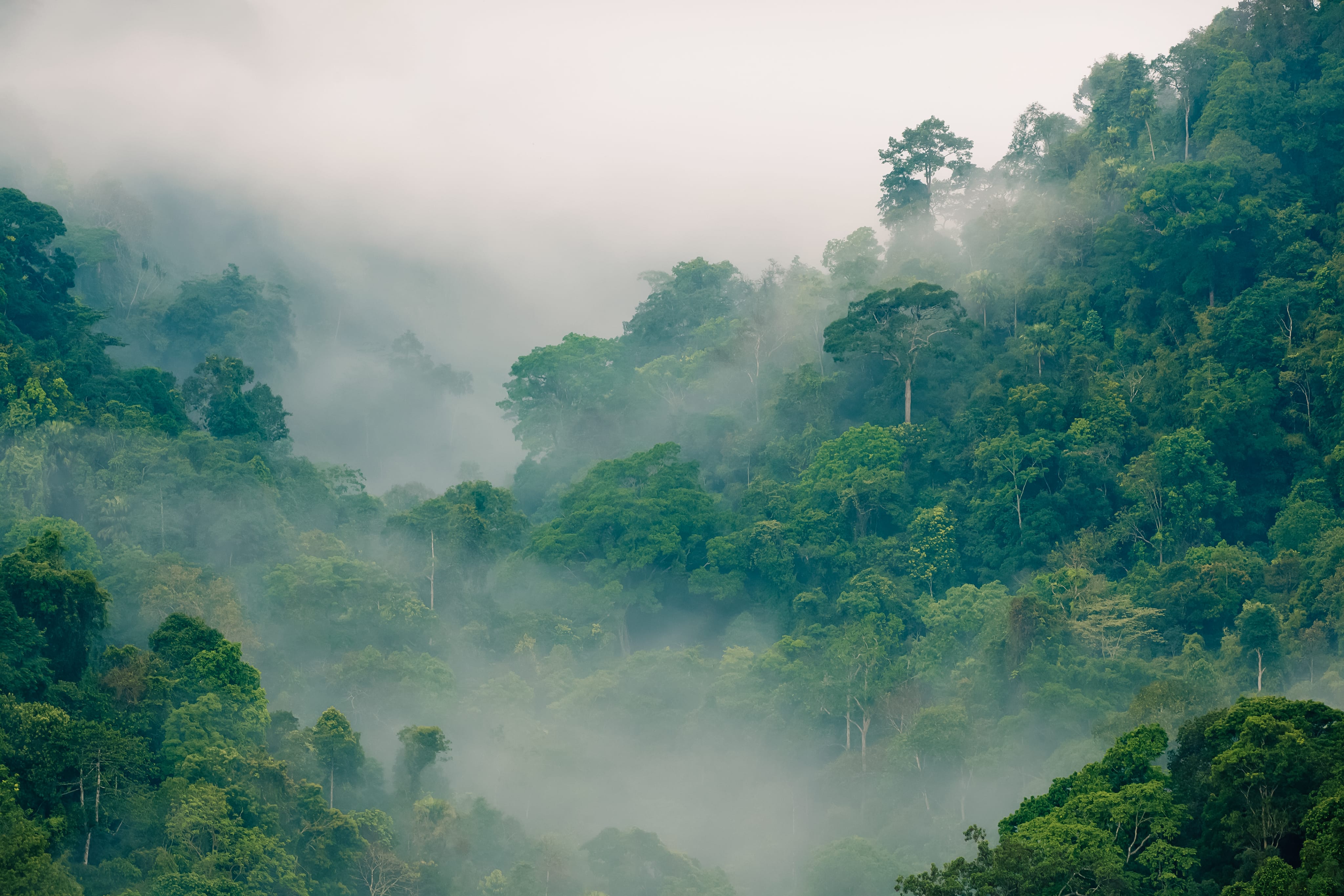
Restoring biodiversity
Traditionally, farming has been damaging to biodiversity. At LIPTON Teas and Infusions, we consider that agriculture should not be destructive but nature-restorative.
Custodians of natural habitats
We give nature space to thrive by its own rules. We have dedicated more than half our land in Tanzania, home of the ancient Mufindi Forest and one of 35 global biodiversity hotspots, to conservation.
Some initiatives
1.6M
indigenous trees planted on our own estates since 2000.
60,000
hectares of Kenya’s Mau Forest to be restored by 2030, as part of the ISLA project, led by IDH Sustainable Trade Initiative.
70
hectares of forest protected by Pukka in India.

Cultivating nature’s generosity
On our own tea estates, we’ve found that when we take care of nature, she gives back manifold. Our crops grow in symbiosis with their environment: biodiversity areas and wildlife corridors harbor natural predators that prey on the pests that can damage our plants.

The hugely important discussion on soil biodiversity is gaining momentum. A healthy, biodiverse soil provides more nourishment to our plants. It also stores moisture much more effectively, protecting crops in times of drought.
In 2015, we commissioned a biodiversity survey from the National Museum of Kenya and implemented the report’s recommendations. The report found that our estates were rich in biodiversity and functioned ecologically in a similar manner to the neighboring Mau Forest Complex. The banks of waterways and lakes maintain connectedness to the Mau and provide corridors for wildlife, which must be protected and conserved.
Protecting wild-collected herbs and ensuring their socially beneficial and sustainable use
Regarding herbal products, all our Pukka ingredients are certified organic: they are grown or collected using organic methods that rely on ecological processes, support biodiversity and respect the natural cycles adapted to local conditions.
When it comes to wild plant ingredients, harvesting, trade and use must comply with strict rules. 60-90% of medicinal and aromatic plants in trade are wild collected. With growing demand, the most immediate risk linked to the wild plant trade is overharvesting. Indeed, unsustainable harvesting can lead to the local depletion or extirpation of a species and – in extreme cases where overharvesting extends across the range – threaten its overall survival.
This is why we only source if we can guarantee that the collection is carried out in a sustainable manner, to protect the plants from the threat of extinction and to maintain their habitat for the benefit of other species and entire ecosystems. Pukka actively pursues FairWild certification where possible to provide third-party assurance of sustainability through rigorous resource assessments, monitoring and regeneration studies.
The purpose of the FairWild Standard, established in 2008, is to ensure the continued use and long-term survival of wild species and populations in their habitats, while respecting the traditions & cultures and supporting the livelihoods of all stakeholders, in particular collectors and workers. It requires producers to implement robust resource management plans, adhere to sustainable harvesting practices, including restrictions on volume where appropriate, and pay fair prices – the FairWild Price – to wild-collection enterprises.
